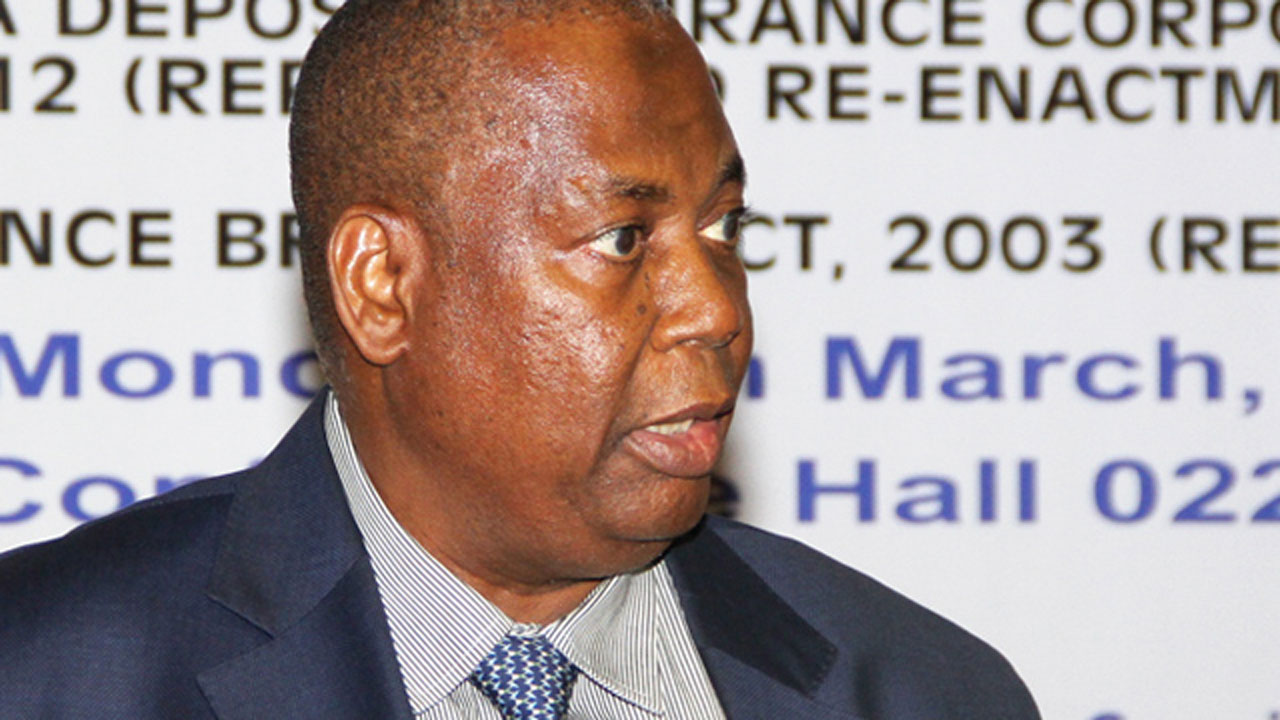The Assistant Director of Insurance and Surveillance at the Nigerian Deposit Insurance Corporation (NDIC) John Abiodun, has defended the corporation’s bank failure resolution procedures.
Abiodun who disclosed this at the weekend while speaking at the FICAN quarterly conference in Abuja, said all the approaches adopted by the NDIC are holistic.
He further explained that an effective resolution process entails all the necessary and systematic actions that are specifically designed to remedy a bank’s distress. These actions should not be allowed to disrupt speedy payment to insured depositors.
“Effective resolution is a series of systemic action designed to end a bank’s distressed condition and it is aimed at ensuring minimum disruption to the payment system, speedy payment to insured depositors and quick realization of assets for the benefits of uninsured depositors and creditors.”
ALSO READ: Discos threaten to oppose ownership transfer to Siemens
The effective use of the various bank distress resolution options has contributed immensely towards ensuring stability in the Nigerian banking industry, Abiodun claimed. It has also helped to instill confidence in Nigerian depositors over the safety of their monies.
He also clarified that the NDIC is mostly interested in resolution efforts that try to rescue a failing bank, instead of just allowing it to collapse.
So far, the NDIC has liquidated a total of 425 financial institutions, including 51 deposit money banks, 325 microfinance banks, and 51 private mortgage banks. The liquidation activities have helped the NDIC to successfully pay back the deposits of some of the failed banks.
“Through efficient and diligent liquidation activities, the Corporation has successfully paid in full the deposits of the Customers of 18 DMBs, (Both insured and uninsured) while payment to Depositors of Fortune International Bank, Triumph Bank, and Peak Merchant Bank was put on hold as at end of 2019 due to litigation challenging the revocation of their operating license,” he added.

 Football7 days ago
Football7 days ago
 Health & Fitness1 day ago
Health & Fitness1 day ago
 Featured5 days ago
Featured5 days ago
 Education6 days ago
Education6 days ago
 Comments and Issues7 days ago
Comments and Issues7 days ago
 Business6 days ago
Business6 days ago
 Education1 week ago
Education1 week ago
 Crime6 days ago
Crime6 days ago

